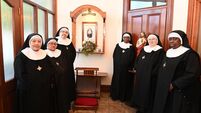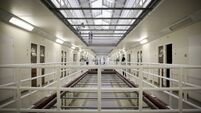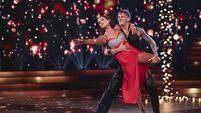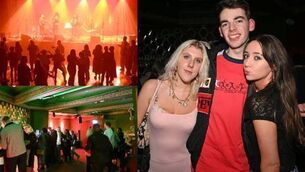I visited Marian Keyes for tea and biscuits — here’s everything we spoke about
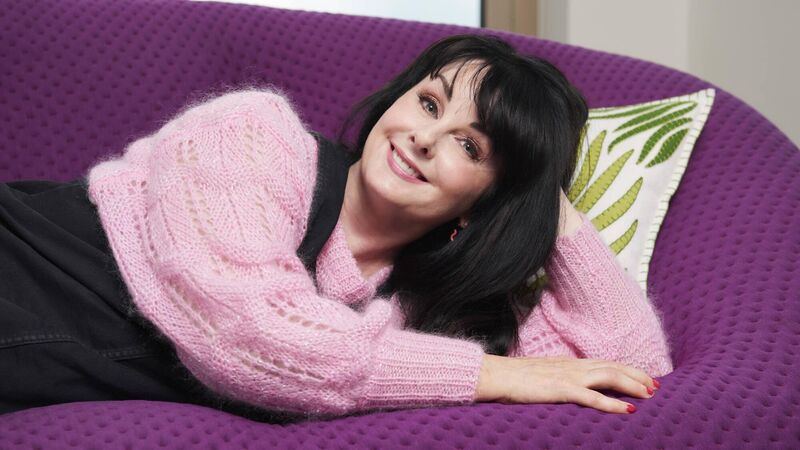
Marian Keyes: “I wanted to buy shoes instead of paying the electricity bill. I knew that I was never going to be CEO of a company, I knew it was impossible.”
Within a few minutes of stepping into Marian Keyes’ home, we’re sat across from each other, shoes off in a pink library.
Surrounded by an impressive collection of novels and animal trinkets, her sanctuary features any book lover’s dream — a rolling ladder.

